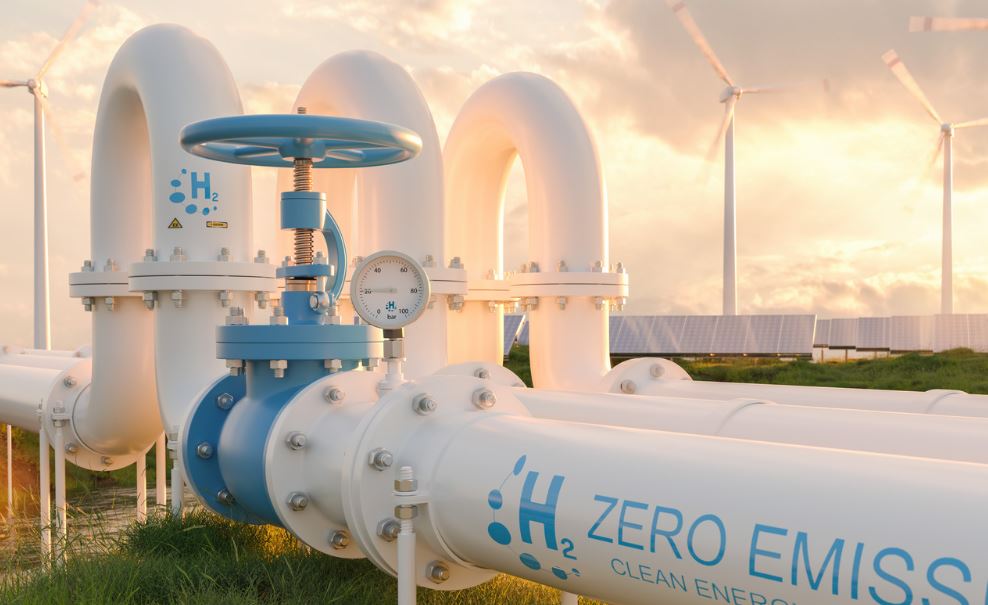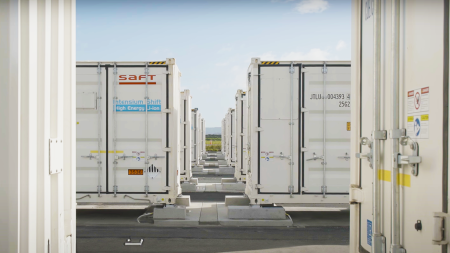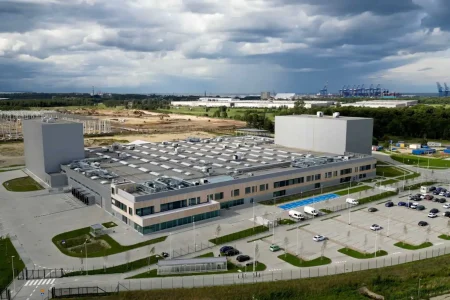With hydrogen volumes projected to fall as low as 1 GW by 2030—down from earlier estimates of 4 GW—the Netherlands’ hydrogen transport network risks becoming economically unviable without substantial policy correction. This stark reassessment, published in a recent market report by the Netherlands Authority for Consumers and Markets (ACM), signals rising cost pressures on network users unless immediate measures are enacted.
Gasunie’s updated cost projections reveal a more than twofold increase in anticipated investment for the national hydrogen backbone compared to previous forecasts. While the exact revised figures remain undisclosed, the gap between upfront infrastructure spending and expected hydrogen throughput is widening, posing significant challenges to tariff stability. Starting in 2033, the ACM will take over tariff setting from the Ministry of Climate Policy and Green Growth (KGG), basing rates on actual expenditures and network utilization. If current trajectories persist, hydrogen transport costs could spike sharply for industrial users and downstream sectors.
This misalignment between investment scale and network usage threatens to erode the economic case for hydrogen as a decarbonisation vector in hard-to-electrify sectors. ACM board member Manon Leijten emphasized the need for integrated action, stating, “ACM wishes to help develop the hydrogen market by doing what is within its power to keep the tariffs for hydrogen transport as low as possible… [but] a cohesive set of measures is needed.”
At the core of the tariff dilemma is volume shortfall. The current 1–1.5 GW of projected hydrogen transport capacity by 2030 falls dramatically short of earlier expectations, undermining the financial model underpinning the pipeline network. This not only jeopardizes cost recovery for the infrastructure operator, Gasunie/Hynetwork, but also raises cost-sharing equity concerns among early network users who may bear a disproportionate burden.
To counteract the anticipated tariff escalation, ACM is exploring mitigation strategies. Among the most feasible is the use of ‘intertemporal cost allocation’—a mechanism permitted under EU hydrogen regulation that allows Member States to spread cost recovery over an extended period. Such an approach could distribute initial investment costs more equitably between first movers and future entrants, thereby smoothing the tariff curve during the hydrogen market’s infancy.
Still, ACM makes clear that regulatory instruments alone cannot offset the scale of the challenge. “Even so, [ACM] cannot prevent a tariff increase,” the report states. Direct government support may be required, either through capital subsidies to Hynetwork or via indirect instruments like loan guarantees. These interventions could stabilize investment conditions and accelerate uptake, especially critical given the uncertainty clouding project commitments from potential hydrogen offtakers.
To avoid further delays and price distortions, ACM recommends granting Hynetwork the ability to seek binding volume commitments from users prior to infrastructure build-out. This model mirrors existing practices in natural gas infrastructure planning and could help balance capital allocation with realistic demand forecasts.
The Dutch hydrogen transport dilemma is emblematic of a broader structural issue: the mismatch between state-driven infrastructure ambitions and hesitant market dynamics. Without synchronized efforts to boost production, secure demand, and support early adopters financially, the hydrogen value chain may struggle to achieve its pivotal role in the Netherlands’ 2050 climate neutrality ambitions.








